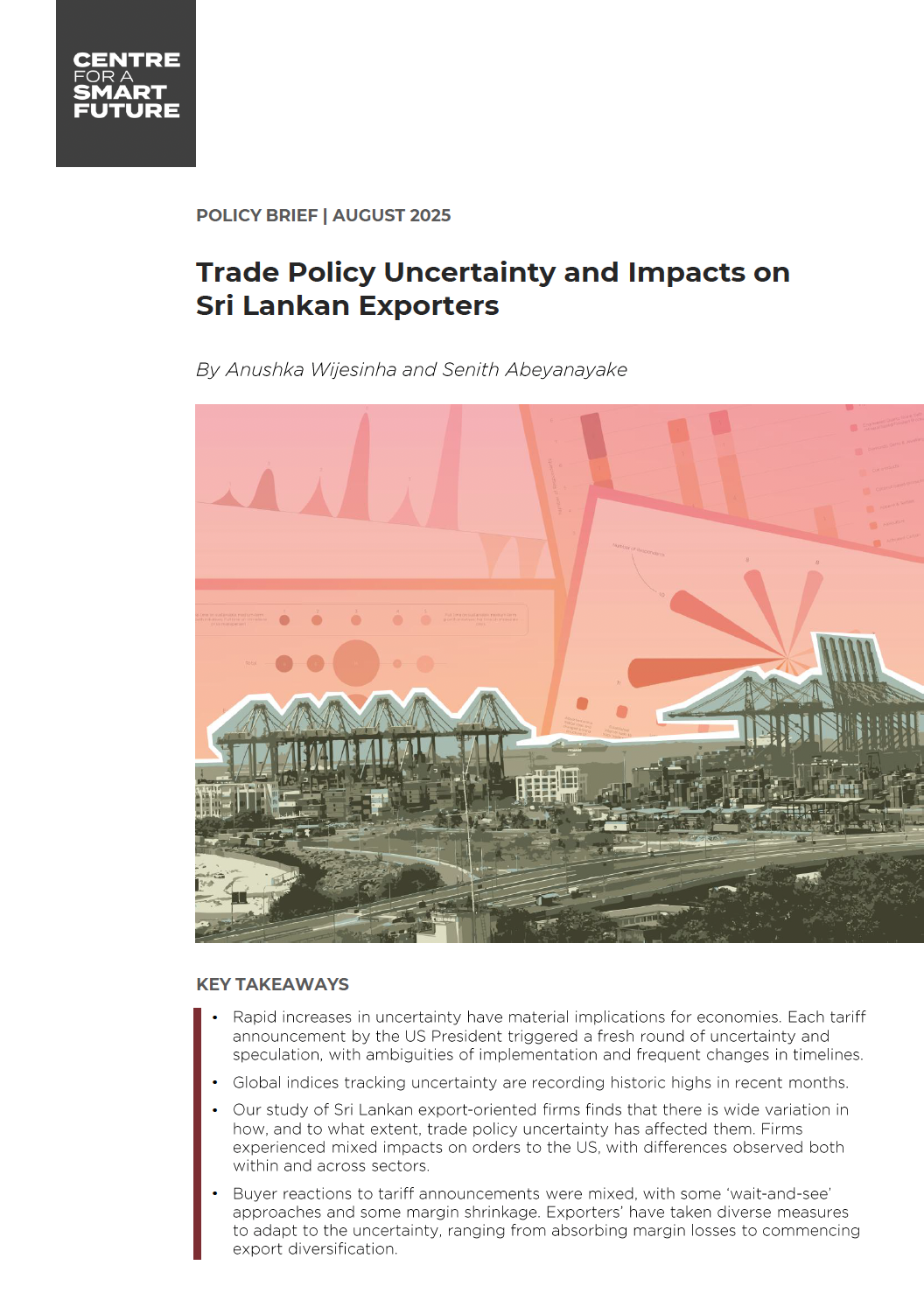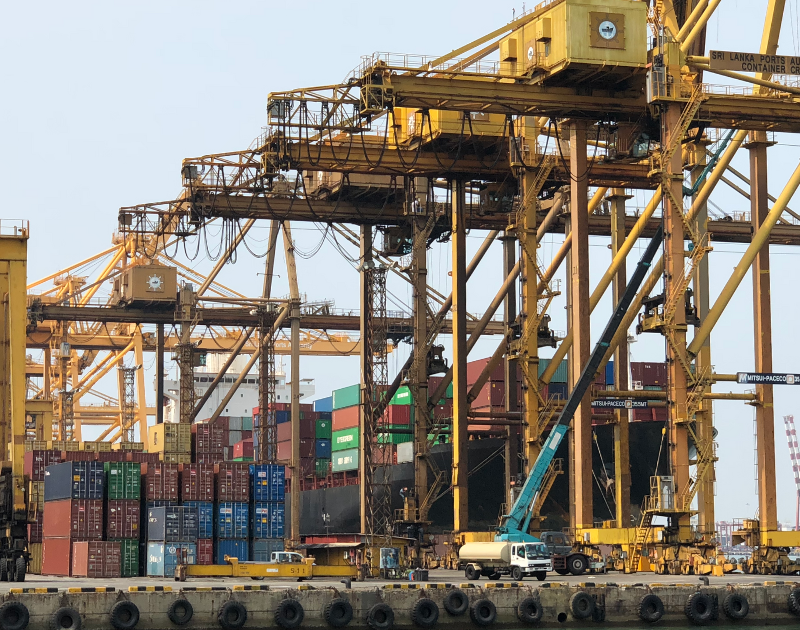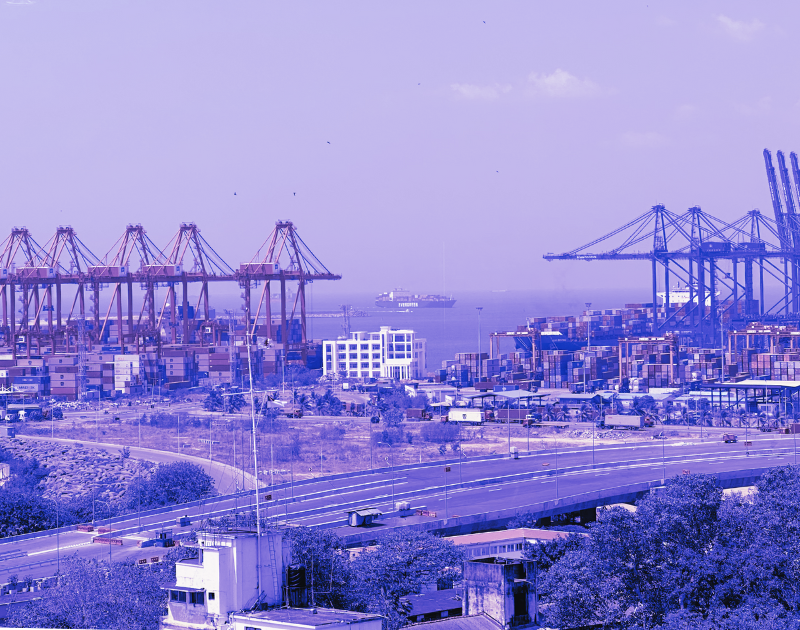
- Home
- Knowledge Insights
- Policy Brief: Trade Policy Uncertainty and Impacts on Sri Lankan Exporters
The United States administration under President Donald Trump has upended the global trade order that had been relatively stable for several decades. Much of the focus in recent months – since the so-called ‘Liberation Day’ tariffs were announced on 2nd April 2025 – has been on what the specific tariff rate per country is, and how that is likely to change. Yet, what has arguably been equal – if not more – detrimental to global trade and business investment is the extent of uncertainty in the intervening period between 2nd April and 1st August, where multiple announcements were made and changes were speculated.
Sri Lanka first heard of a country-specific tariff of 44% on 2nd April but was followed by a 90-day pause (announced on 9th April). Yet, there was an imposition of a new universal 10% tariff. By 9th July, Sri Lanka was informed that the new rates would be 30% effective 1st August, which was eventually lowered to 20%. Even now, there is yet to be a formal bilateral agreement that firms this up.
That this sort of uncertainty affects business may sound like a truism. But the pervasive and unpredictable nature of the ongoing trade policy developments, and the many dimensions of impacts that the resulting uncertainty causes, are important considerations for further exploration in Sri Lanka. In this new Policy Brief by CSF, we take an early look at the effects of trade policy uncertainty on Sri Lankan export-oriented firms, based on an executive opinion survey and key informant interviews.
The Policy Brief presents the following key findings from the survey and interviews:
As Sri Lanka formulates its strategy to face these trade policy challenges, this Policy Brief can help inform Sri Lankan exporters, trade chambers, and the government understand the dimensions of impacts better, and inform public-private collaboration to develop smarter responses to this evolving issue.
Download the full Policy Brief here (Google Drive link).



